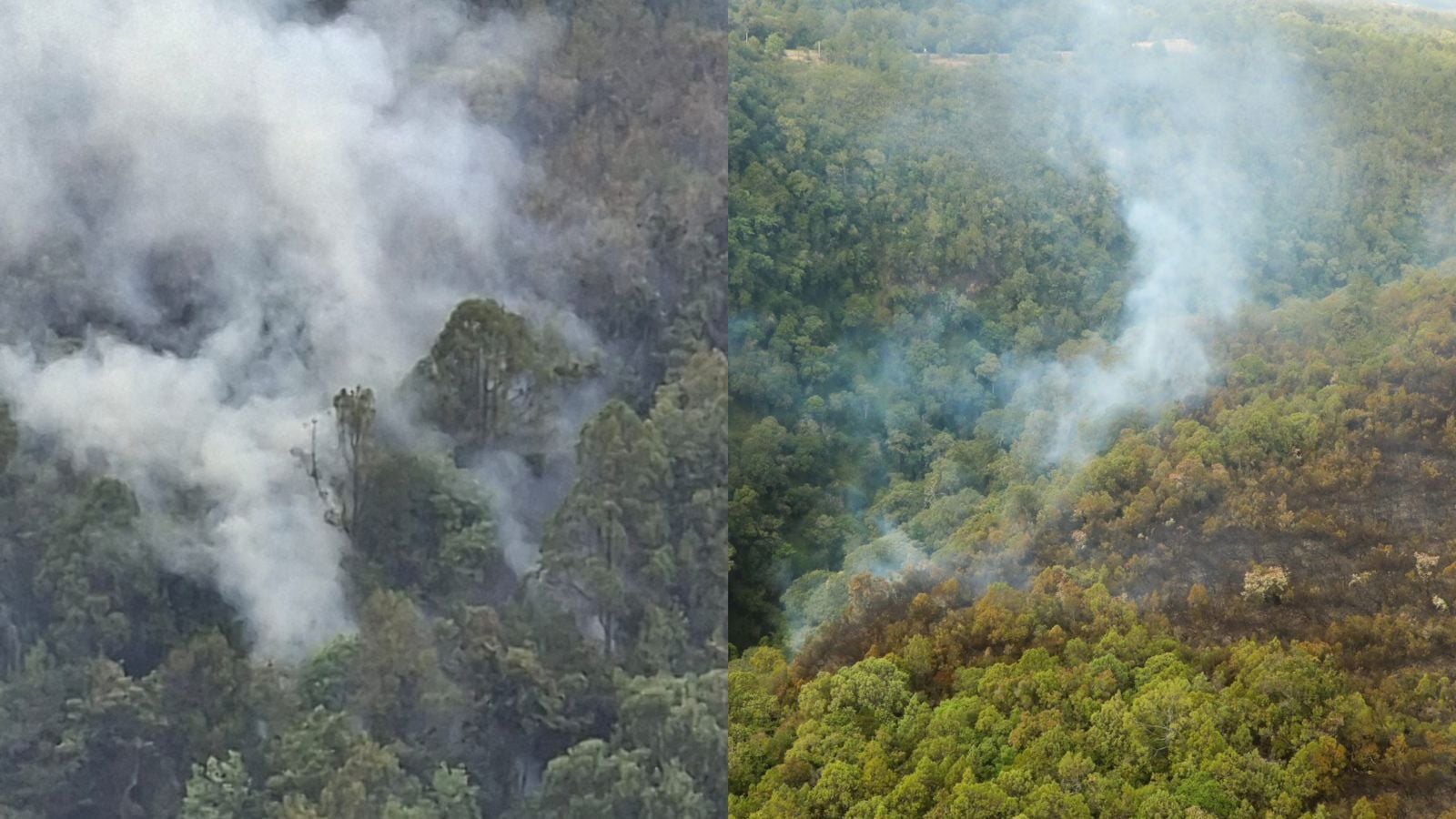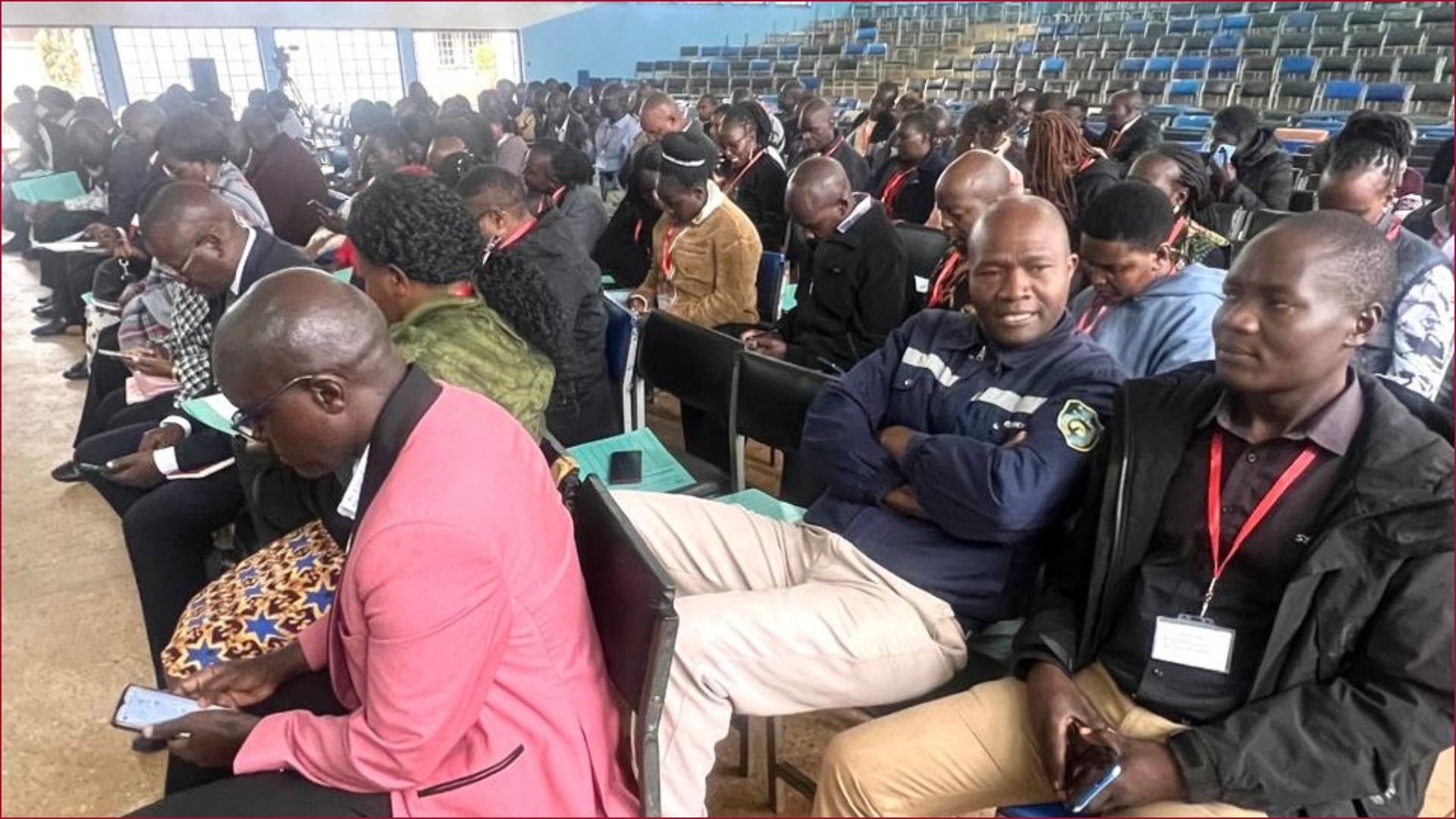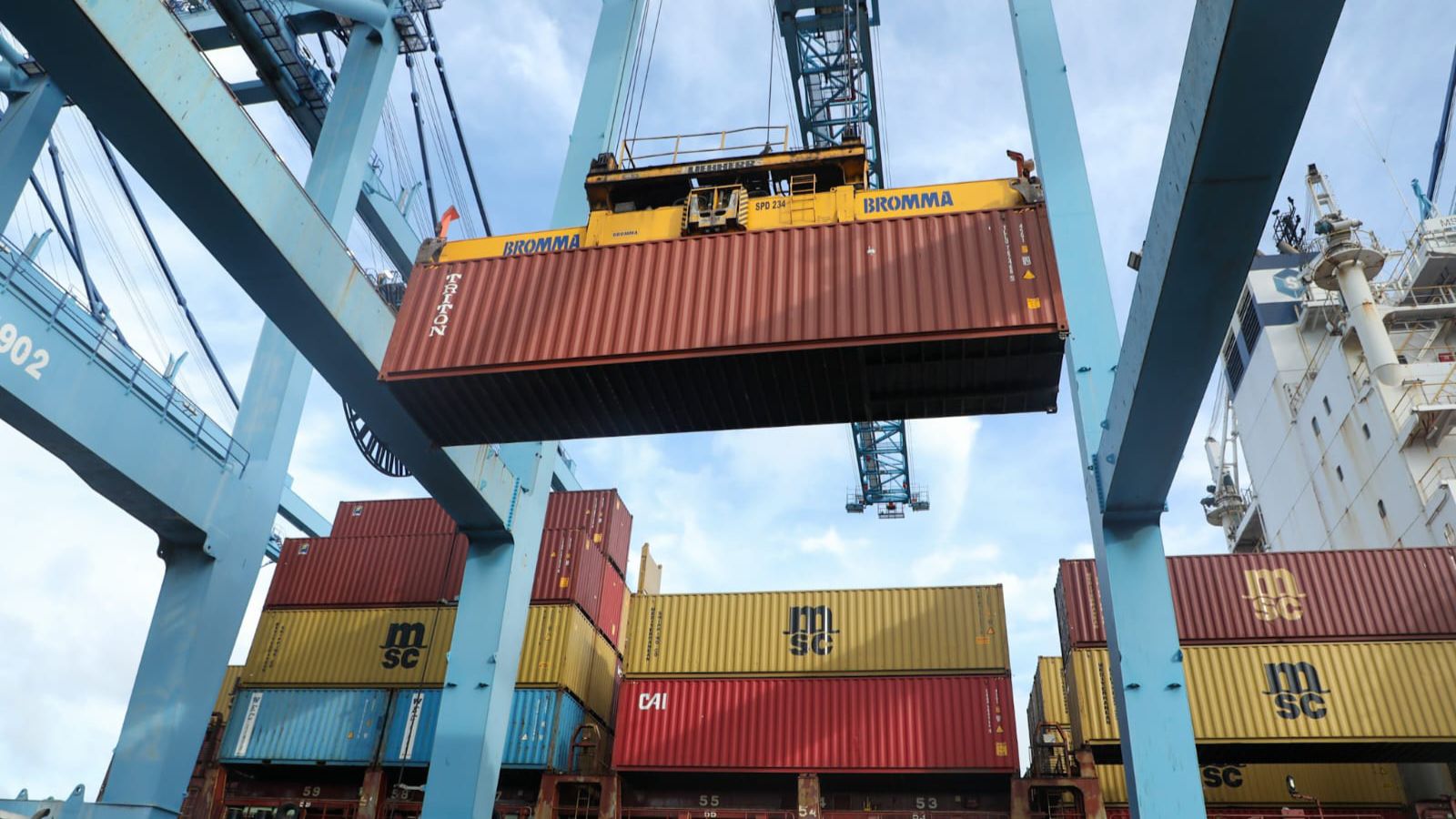On 15 October 2025, President William Ruto assented to the Computer Misuse and Cybercrimes (Amendment) Act, 2025, a new law that revises the 2018 Computer Misuse and Cybercrimes Act.
The legislation has elicited sharp reactions across the country, with parts of it being welcomed for tackling new-age digital crimes, while others have been criticised for potentially threatening online freedoms.
This article breaks down the key amendments to the law, examining the changes, the penalties attached, and why some of the provisions, particularly on cyber harassment and online content regulation, have sparked controversy among Kenyans.
Expanded Definitions – Amendment to Section 2
The new law amends Section 2 of the principal Act by inserting the words “through a program or a device or” after “by a person” in the definition of “access.” This broadens the legal understanding of access to include situations where entry into a computer system is gained through automated tools or malicious software.
Read More
Additionally, the amendment introduces new terms, including “asset” (to cover both physical and virtual property), “identity theft” (use of another person’s identification data without consent), and “virtual account” (to include online wallets and digital payment systems).
These definitions are designed to modernise Kenya’s cybercrime law to reflect emerging technologies and financial systems such as cryptocurrency and virtual banking.
Empowerment of NC4 to Block Websites – Amendment to Section 6
The amendment to Section 6(1) expands the mandate of the National Computer and Cybercrimes Coordination Committee (NC4). The committee now has explicit authority to direct internet service providers and platform operators to block access to websites or applications that promote illegal content such as child pornography, terrorism, or extremist ideologies.
This measure has been justified by the government as a national security safeguard meant to curb the spread of harmful content.

Expanded Definition of Cyber Harassment – Amendment to Section 27
The Computer Misuse and Cybercrimes (Amendment) Act 2025 introduced one of its most controversial changes through Section 27, which deals with cyber harassment.
The amendment inserts the words “or is likely to cause them to commit suicide” immediately after the word “person” in paragraph (b) of subsection (1). The revised clause now reads:
“…(b) detrimentally affects that person or is likely to cause them to commit suicide; or…”
This addition significantly broadens the scope of cyber harassment to cover digital communications that could push a victim toward self-harm or suicide. Under this provision, any person who knowingly sends messages that cause fear, emotional distress, reputational harm, are indecent, grossly offensive, or could lead to suicide commits an offence.
According to the Computer Misuse and Cybercrimes Act 2018, the penalty includes: "A person who commits an offence under subsection (1) is liable, on conviction, to a fine not exceeding twenty million shillings or to imprisonment for a term not exceeding ten years, or to both."
The offence fines are one of the heaviest penalties in Kenya’s digital law. The severity and phrasing of the amendment have sparked intense public debate.
Digital rights organisations, lawyers, and journalists warn that the section’s broad and subjective wording could be abused to suppress legitimate criticism, satire, or whistleblowing online. The phrase “is likely to cause them to commit suicide” lacks a clear evidentiary standard, making it vulnerable to interpretation and potential misuse.
While supporters view it as a necessary measure to curb online bullying and protect mental health, opponents caution that it risks criminalising free speech protected under Article 33 of Kenya’s Constitution.
Content Takedown and Platform Shutdown Powers – New Section 46A
The newly introduced Section 46A gives courts or authorised officers powers to order the removal of content from computer systems, websites, or digital platforms, and to block or shut down such platforms if they are deemed to host illegal content.
The section specifically targets online spaces suspected of facilitating terrorism, child exploitation, and extremist religious or cultic activities.
"Where a person has been convicted of an offence related to promotion of unlawful activities, inappropriate sexual content of a minor, terrorism or religious extremism and cultism, and the person was using a computer system, website or digital device in contravention of this Act, the court may;
(a) order the person to remove the content or materials from the computer system, website, or digital device;
(b) order the person to close or deactivate the computer system, website, or digital device; or
(c) make such orders as the court may deem appropriate.
2) Notwithstanding subsection (1), where an authorised person believes that a computer system, website or digital device
is being used to promote unlawful activities, inappropriate sexual content of a minor, terrorism or religious extremism, and
Cultism, the authorised person may apply to court for;
(a) an order for removal of the content or materials from the computer system, website, or digital device;
(b) an order for closure or deactivation of the computer system, website, or digital device; or
(c) such orders as may be necessary
Penalty and enforcement: 46. Additional penalty for other offences committed through use of a computer system (1) A person who commits an offence under any other law through the use of a computer system commits an offence and shall be liable on conviction to a penalty similar to the penalty provided under that law.
The government argues that this measure is intended to prevent the spread of harmful or radicalising material. However, concerned Kenyans see it as a potential tool for state overreach.
They warn that without clear procedural guidelines and independent oversight, the provision could be invoked to shut down websites or social media platforms carrying dissenting opinions or politically sensitive content.
-1761048390.jpg)






